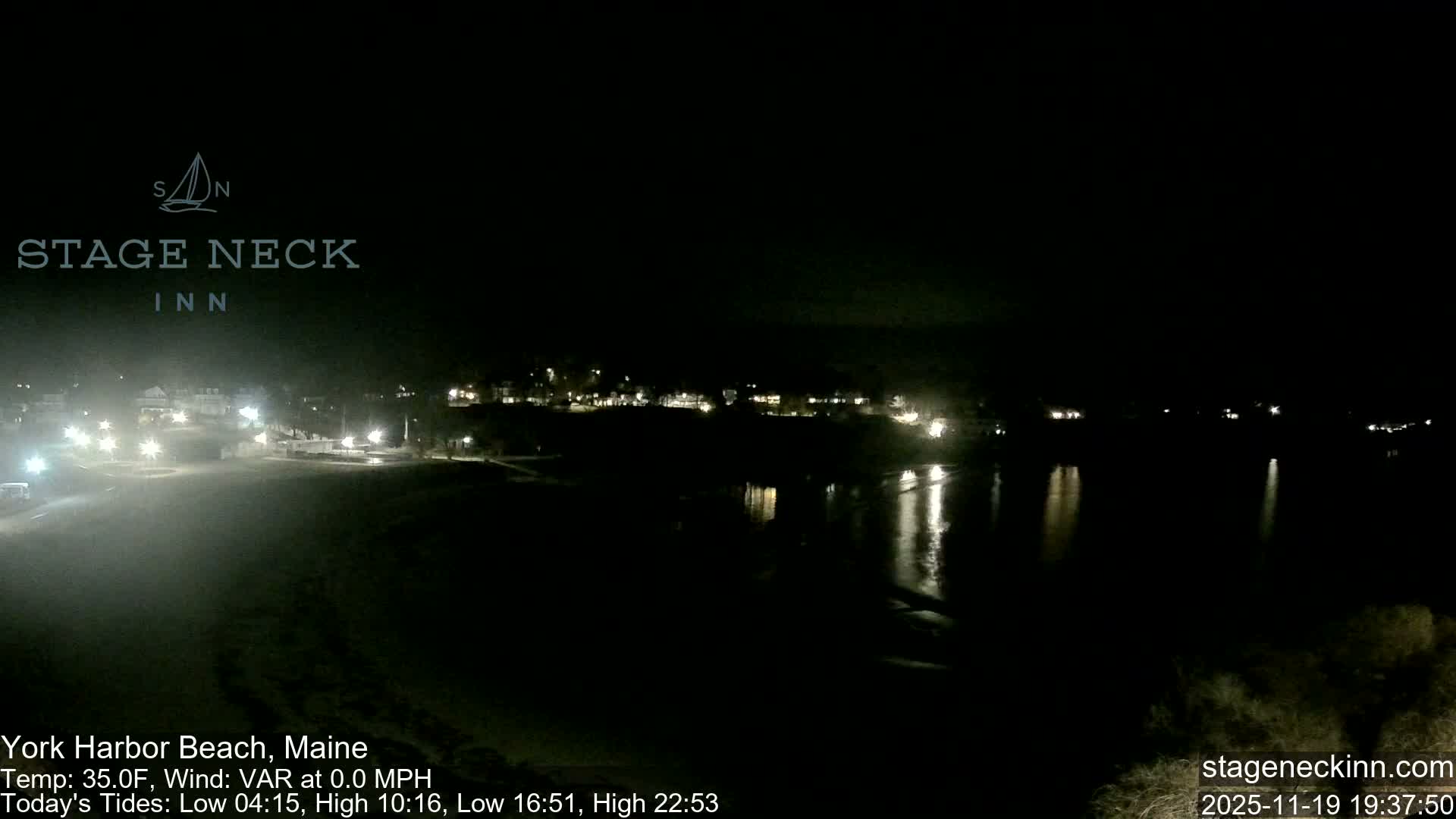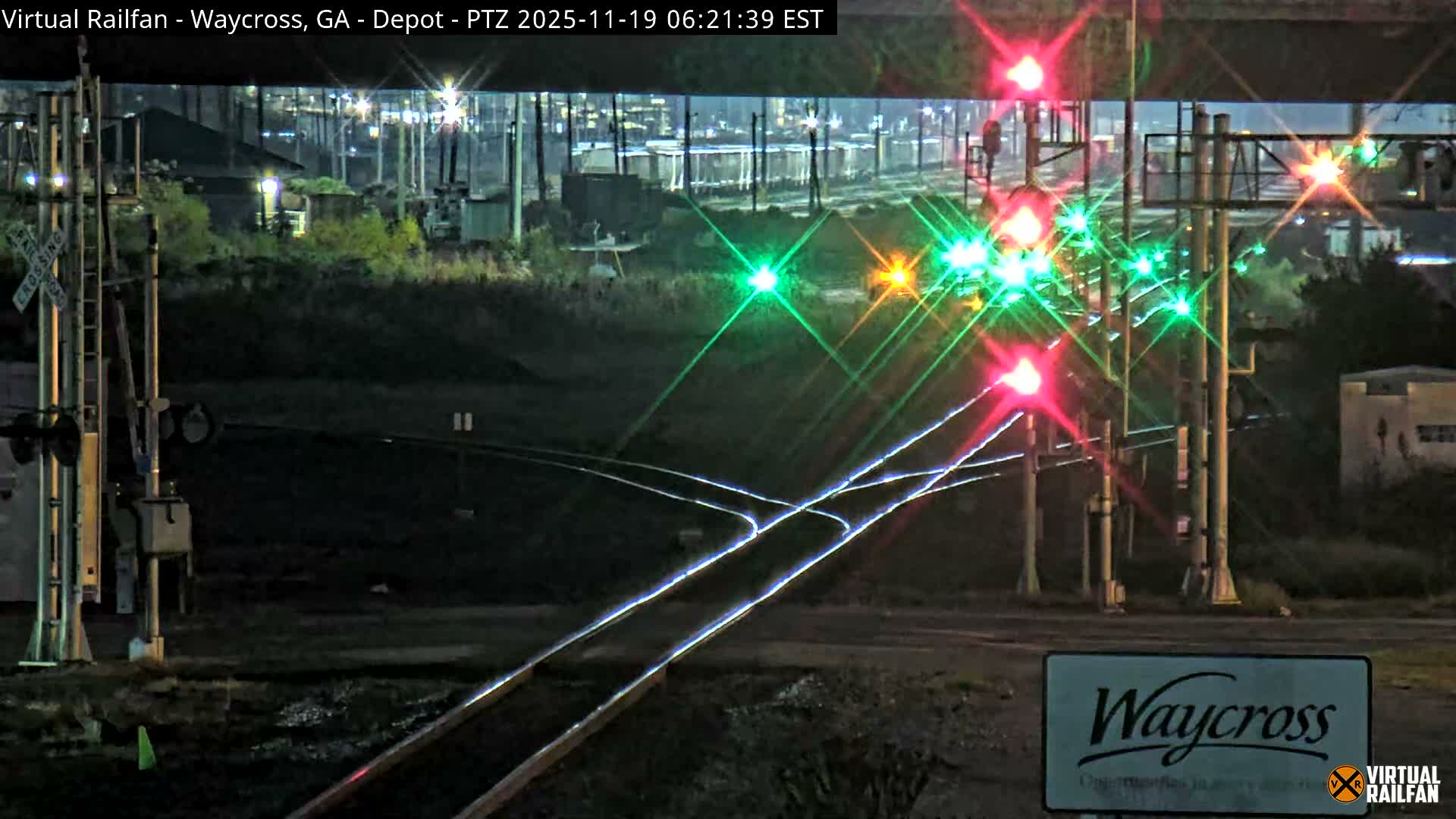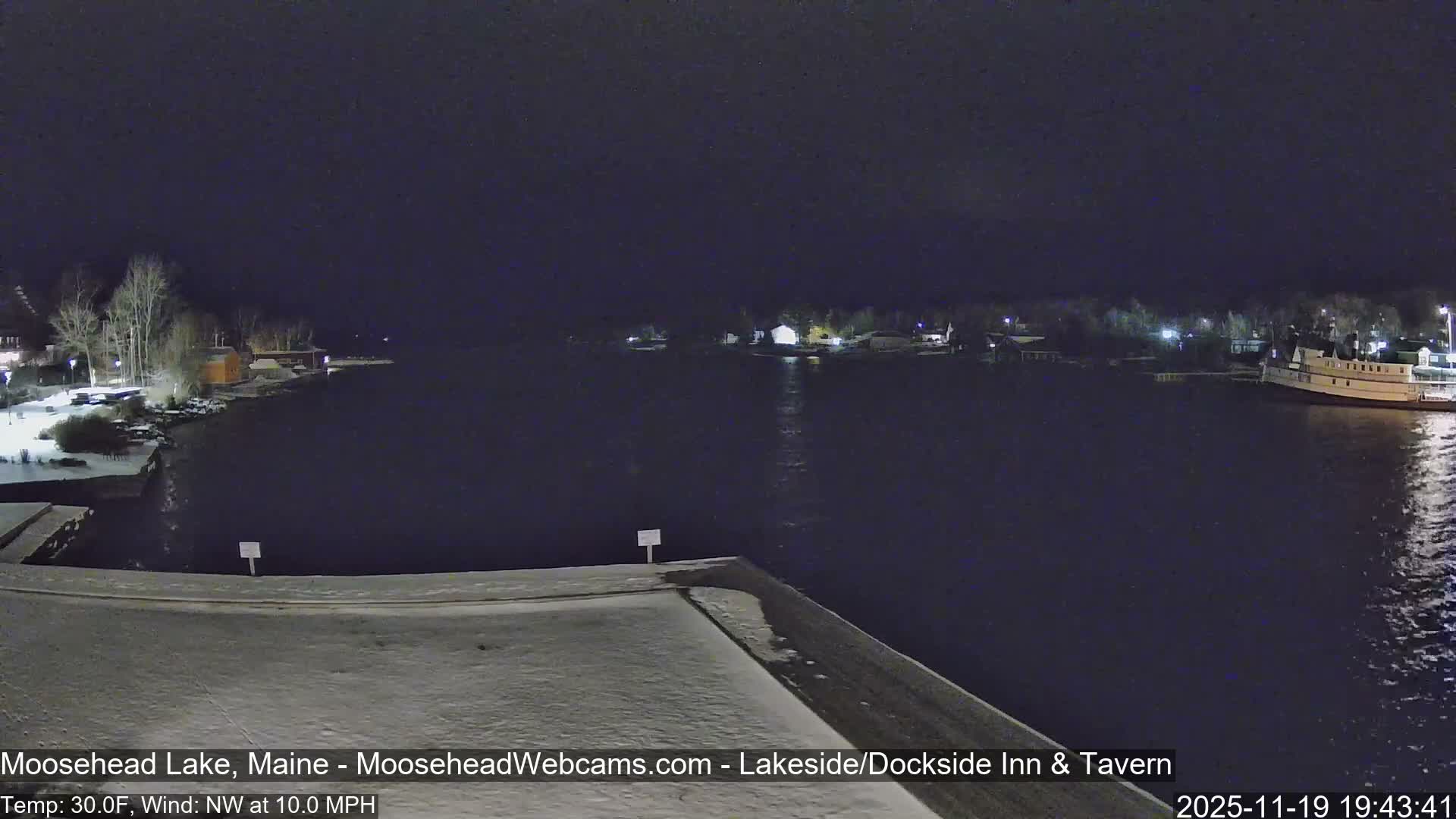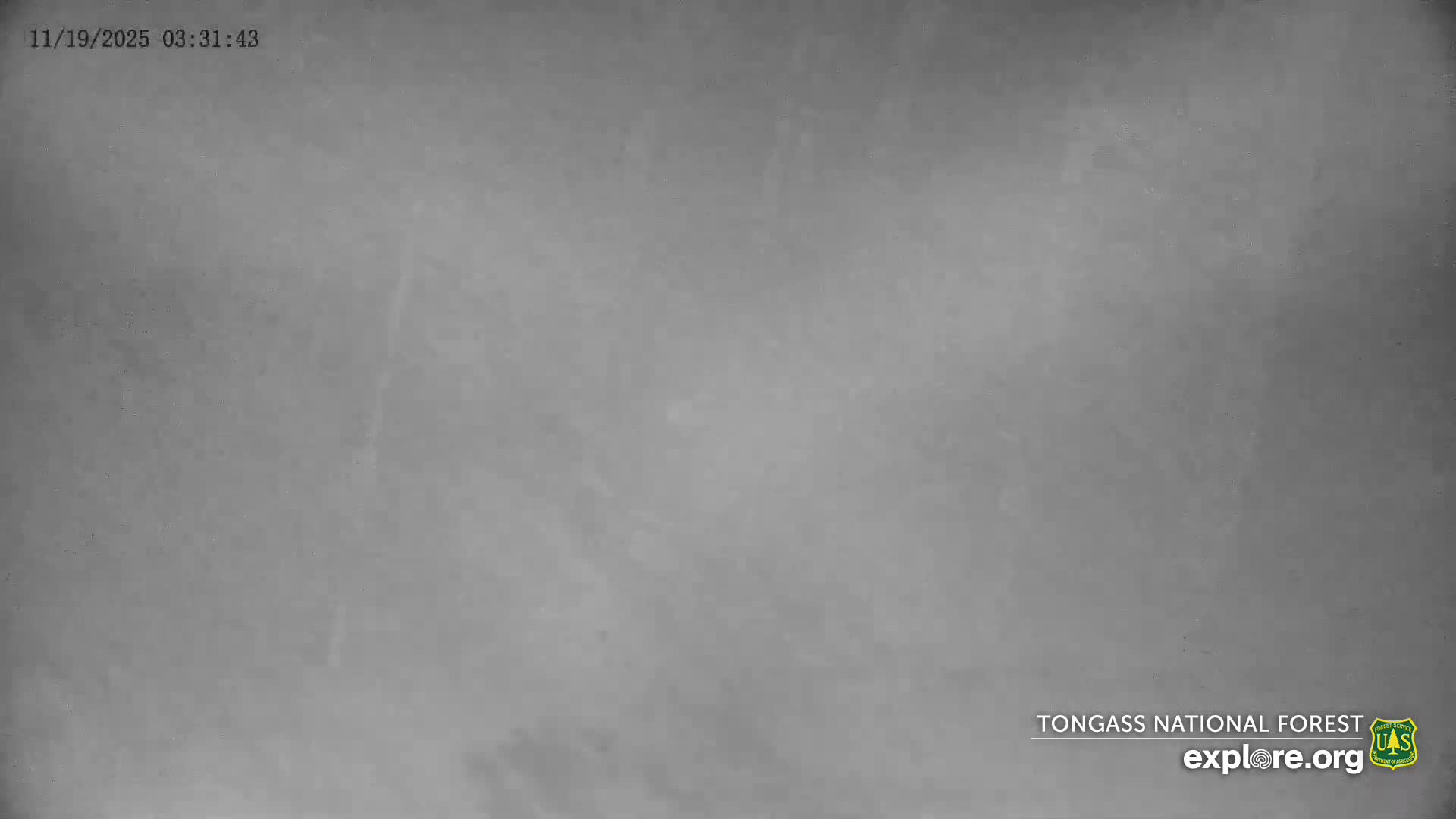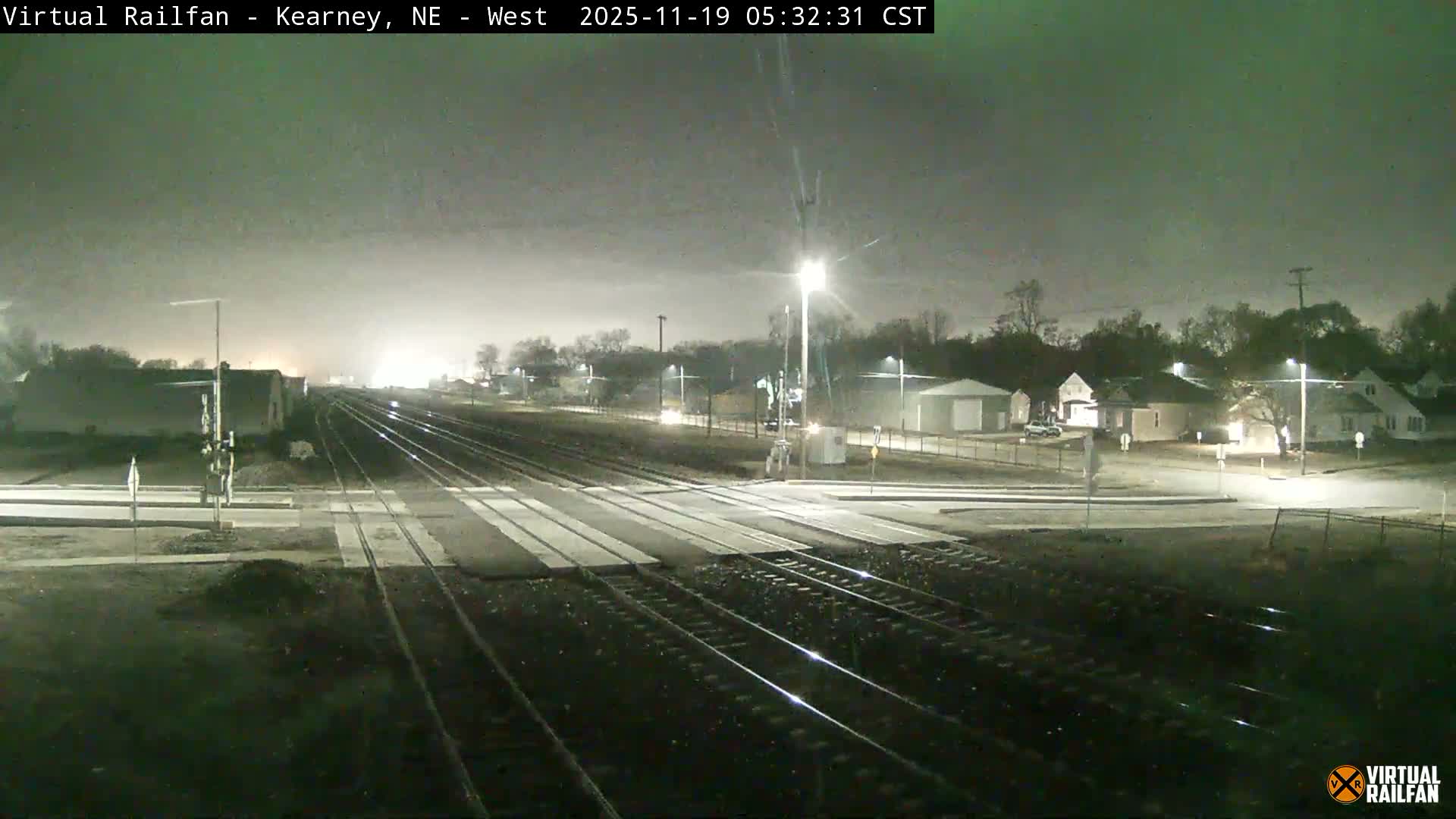Trump Greenlights Release of Jeffrey Epstein Files: DOJ Ordered to Disclose Records Amidst Shifting Stance & Past Controversies
 United States
Politics
United States
Politics
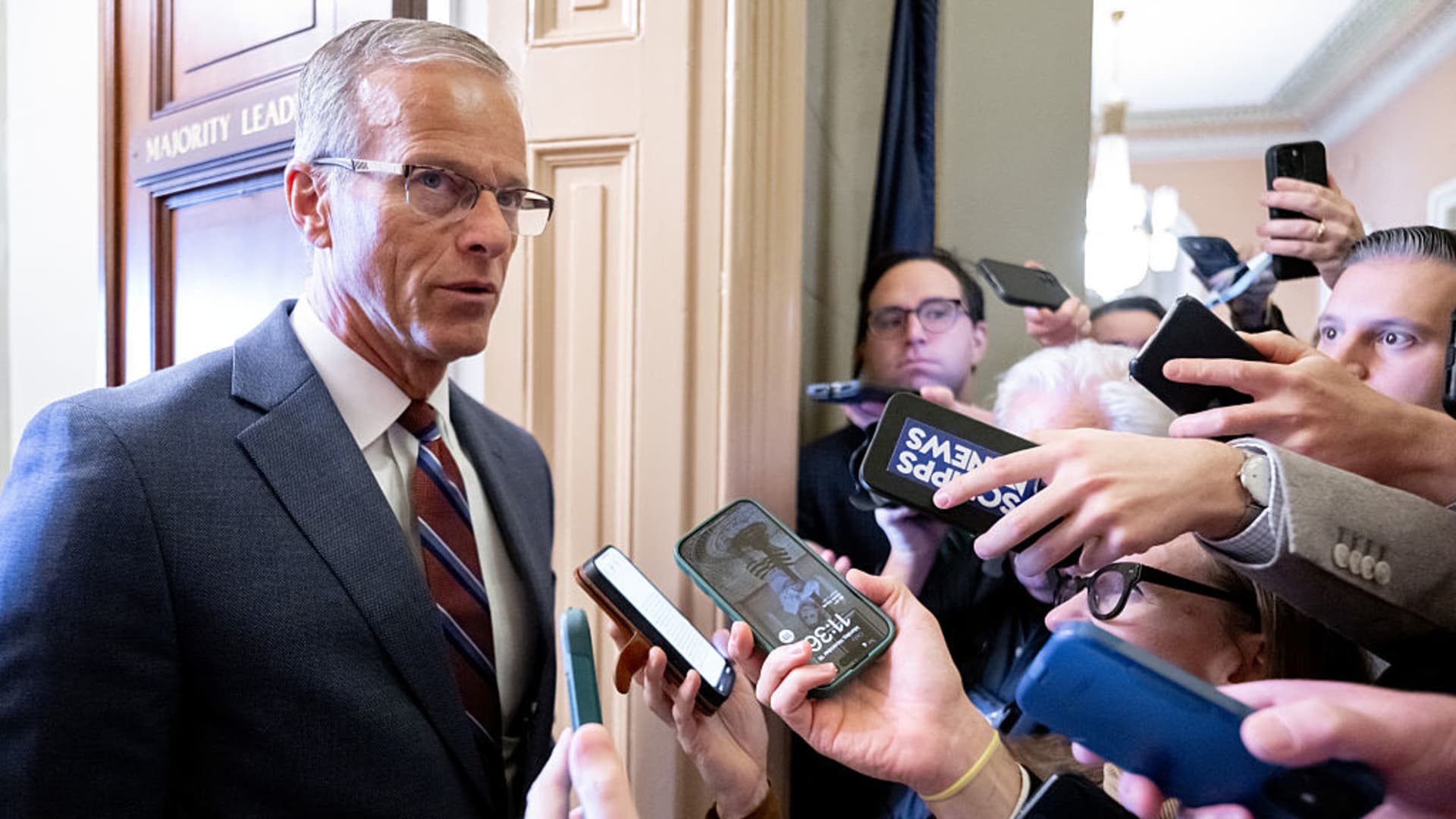
President Trump signed a bill compelling the DOJ to release Jeffrey Epstein's unclassified files. This follows overwhelming Congress support despite Trump's pas
Trump Signs Bill for Full Release of Jeffrey Epstein Files by DOJ
President Donald Trump has officially signed a bill mandating the Department of Justice (DOJ) to release its unclassified records pertaining to convicted sex offender Jeffrey Epstein. This significant development, announced by Trump on Truth Social, comes on the heels of the bill's near-unanimous approval by both chambers of Congress.
Overwhelming Congressional Support for Transparency
The newly signed legislation compels the disclosure of all unclassified documents related to Epstein and his co-conspirator, Ghislaine Maxwell, alongside other pertinent information. The measure garnered substantial bipartisan support, passing the House of Representatives with only one dissenting vote from Republican Rep. Clay Higgins of Louisiana. Senate Majority Leader John Thune (R-South Dakota) also previously indicated strong support for the initiative from the U.S. Capitol in Washington, DC.
Trump's Evolving Stance on Epstein Disclosures
This move marks a notable shift in President Trump's public stance regarding the Epstein saga. Previously, he had dismissed the focus on Epstein as a "hoax" propagated by Democrats to divert attention from his administration's accomplishments. He had also frequently reacted with frustration to reporters' questions about his past association with Epstein, even suggesting the revocation of ABC's broadcast license after one such exchange on Tuesday.
Despite his earlier reservations, Trump had signaled during his 2024 campaign that he might release these files. Earlier attempts within his administration to disclose information, such as Attorney General Pam Bondi's comments in February on reviewing a "client list" or the distribution of "The Epstein Files: Phase 1" binders at the White House, ultimately yielded little new, actionable intelligence. Furthermore, a July DOJ memo concluded that a review of its Epstein-related materials "revealed no incriminating 'client list'" and that "no further disclosure would be appropriate or warranted," a finding that sparked considerable public outcry from both Democrats and his base.
Renewed Scrutiny and Past Revelations
The scrutiny surrounding Trump's past connections to Epstein, who died by suicide in jail in 2019 while facing federal sex trafficking charges, intensified over time. Reports surfaced, including one from The Wall Street Journal, detailing a cryptic and "bawdy" note bearing Trump's signature found within a collection of letters for Epstein's 50th birthday in 2003 – an allegation Trump has denied, leading to a defamation lawsuit against the Journal's publisher. More recently, the House Oversight Committee unveiled thousands of subpoenaed documents from Epstein's estate, containing emails where Epstein himself commented on Trump, writing in a 2018 email thread, "I know how dirty donald is," and in an April 2019 email to author Michael Wolff, that Trump "knew about the girls." It's important to note that CNBC has not independently verified these email contents or their specific context.
The passage of this bill reflects sustained pressure from various groups, including victims' advocates and a bipartisan coalition in Congress, to bring greater transparency to the Epstein case. This development promises to shed more light on a scandal that has captivated public attention for years.
